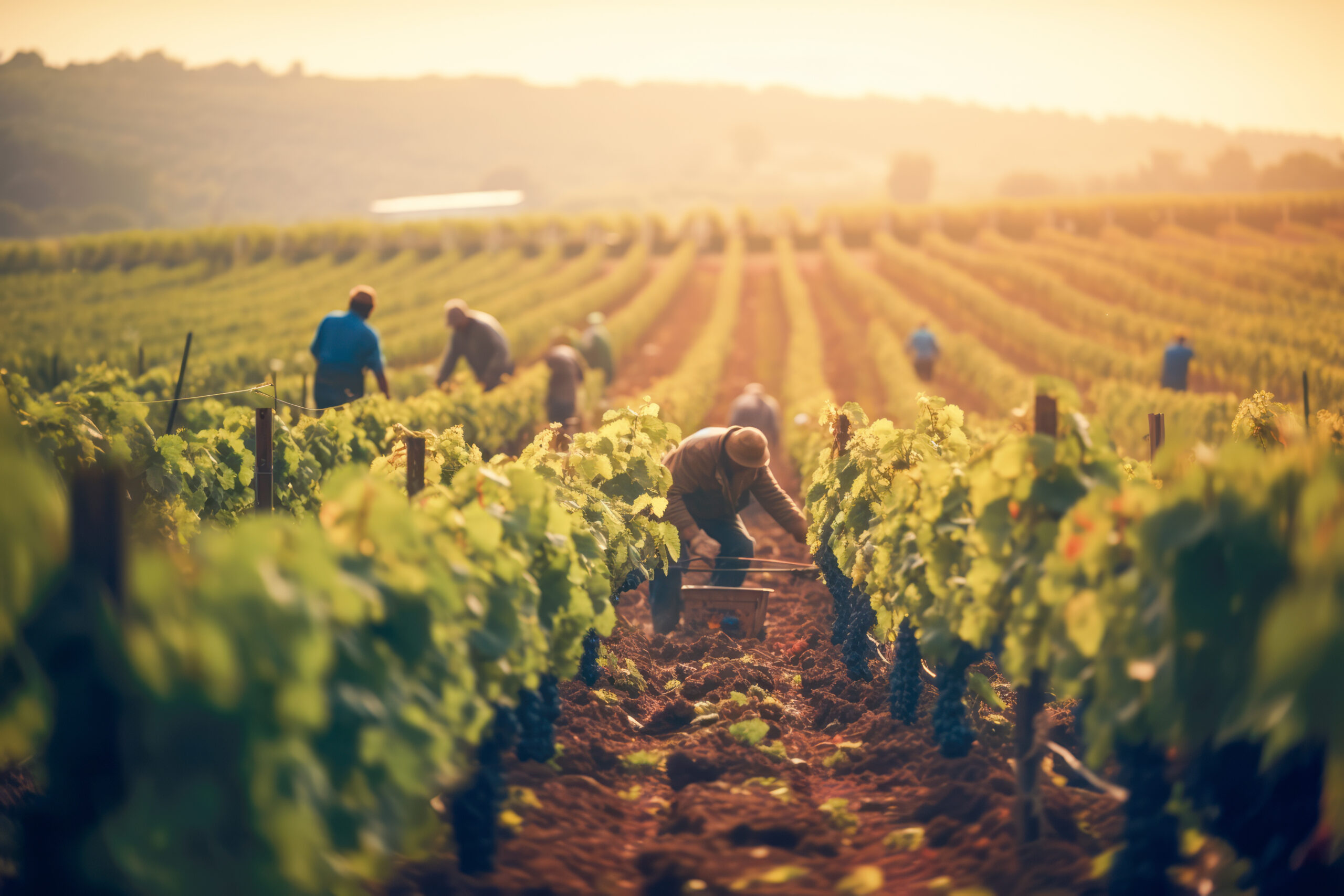
Codex at Sixty: an Homage To Scientific Standard-Setting
In the wake of World War II, where food shortages, rationing and disease were rampant, rapid progress was made in food science and technology. Food systems evolved as women sought to join the workforce and trade patterns underwent dramatic changes as commerce globalised. The stage was set for global trade agreements and organisations to be built to address global public good issues, including harmonised standards to govern trade in foodstuffs.
During the first FAO regional Conference for Europe of 1960, delegates felt that “…coordination of the growing number of food standards programmes undertaken by many organisations presented a particular problem” and subsequently recognised “the desirability of international agreement on minimum food standards and related questions (…) as an important means of protecting consumer’s health or ensuring quality and of reducing trade barriers.” This is how Codex Alimentarius saw light. In May 1963, the Sixteenth World Health Assembly approved the establishment of the Joint FAO/WHO Food Standards Programme and adopted the Statutes of the Codex Alimentarius Commission.
Three years after its formation, the Codex Alimentarius Commission set up the Committee of Pesticide Residues (CCPR) to establish maximum residue limits (MRLs) for pesticides in food and feed products. These are crucial to facilitating international trade and ensuring the quality and safety of food. By bringing together experts from various disciplines, the CCPR promotes global harmonisation of pesticide residue standards, facilitating trade by establishing uniform regulations, reducing trade barriers, and creating a level playing field for all countries. This increases consumer protection by ensuring that food meets those internationally agreed standards, regardless of origin, thanks to scientific evidence that ensures decisions are objective, unbiased, and grounded in empirical data. By openly sharing scientific studies, data, and risk assessments, the CCPR instils confidence by awarding transparency. Experts worldwide – be they from national regulatory bodies, civil society organisations or industry, are able to provide feedback, contribute knowledge, and ensure that decisions are based on the most robust available science.
As we celebrate sixty years of the Codex Alimentarius, it is important to recognize how far we have come and how impactful these standards have become in shaping how food is produced, traded, and consumed. The value of rigorous scientific research and the use of risk-based approaches has been essential in keeping food safe for consumers, while still allowing the global trade of goods.
Codex has been a benchmark for science-based decision-making providing robust and objective standards that facilitate trade and protect consumers worldwide. That is why the World Trade Organization’s Sanitary and Phytosanitary Agreement names the joint FAO/WHO Codex Alimentarius as the relevant standard-setting organisation for food safety.
The 60th anniversary of Codex is an occasion to reaffirm the importance of science-based decision-making as the foundation for robust and objective standards that promote trade, protect consumer health, and foster consumer confidence. It builds trust among stakeholders and enables constructive engagement, ultimately leading to better outcomes. International cooperation remains essential for achieving global harmonisation and the CCPR, as part of the broader Commission, exemplifies the power of collaboration in shaping policies that transcend borders and benefit societies worldwide. Looking towards the future, it is crucial to continue investing in scientific research, data digitalisation, and capacity building. In doing so, we create a more sustainable and resilient food supply chain for future generations.

Emily Rees
President & CEO,
Croplife International

